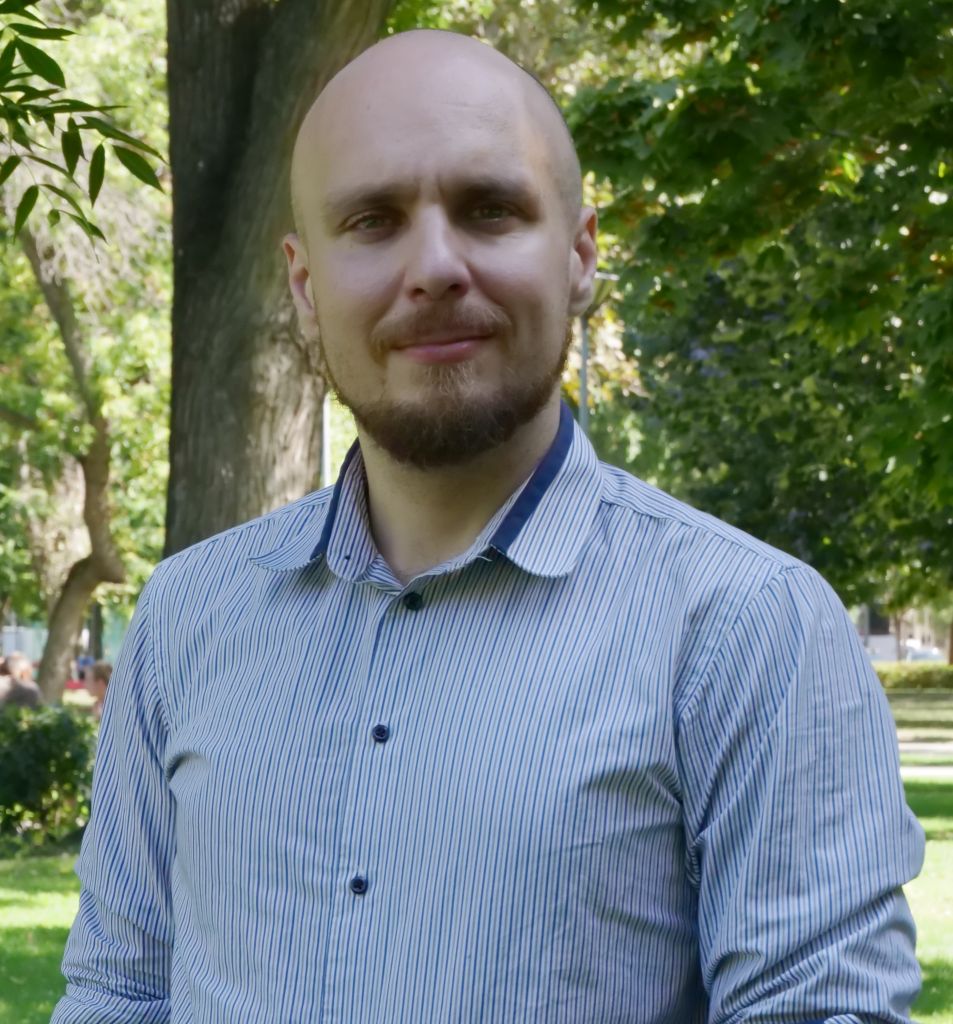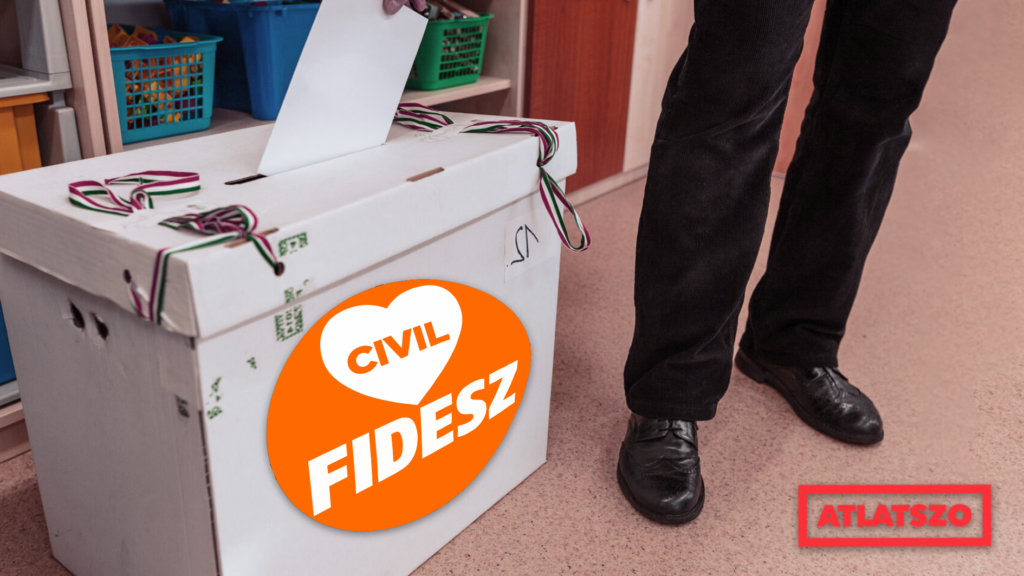The https://english.atlatszo.hu use cookies to track and profile customers such as action tags and pixel tracking on our website to assist our marketing. On our website we use technical, analytical, marketing and preference cookies. These are necessary for our site to work properly and to give us inforamation about how our site is used. See Cookies Policy
As local elections approach, NGOs campaigning for Fidesz candidates are showered with public funds
Before the upcoming local and European Parliamentary elections, public funds continue to find their way into the campaign budget of the ruling party of Viktor Orbán, further eroding democratic competition in Hungary.
In on of their first acts after seizing the government, Viktor Orbán’s Fidesz-KDNP coalition amended the law regulating the public funding of NGOs. Unlike the previous law, the updated 2011 legislation allowed even organisations directly engaged in political activities to receive money from the state budget.

Today, NGO’s that recently received public funds are now on the ballots in many towns, supporting the candidates of the ruling party in each. Pro-Fidesz nonprofit organizations are receiving funding from at least three public sources; one group that now supports a mayoral candidate’s campaign was even given money from a state fund for performing art groups.
From gaming to mayoral election
Átlátszó previously reported that one of the largest public programs for NGOs, the Urban Civil Fund (Városi Civil Alap, VCA) is being regularly used to fund organizations connected to local bosses of the governing Fidesz and KDNP parties. Such unfair campaign funding practices became commonplace leading up to the 2024 municipal elections, with many publicly funded organizations now openly campaigning for mayoral candidates.
For this article, we used the official election database (valasztas.hu) and looked at mayoral elections in municipalities with more than 10,000 inhabitants. We found several towns where publicly funded organisations will appear on the ballot nominating mayoral candidates in coalition with Fidesz-KDNP.
One such organization is the National Forum Association (Nemzeti Fórum Egyesület), led by Fidesz MP Sándor Lezsák.
The organization has been registered as an official partner of Fidesz for years, which was rewarded with generous amounts of public funds from the VCA.
In the upcoming election, National Forum nominates mayors in two small towns, Kiskunfélegyháza and Érd.
In Érd, the Fidesz mayoral candidate, Katalin Gyurkó is also supported by the so-called “ÉRteD Family-Friendly Association”. This NGO is particularly interesting because until Autumn 2023, it’s tax ID belonged to an e-sports club in Budapest. Through unclear means, this club was taken over by Katalin Gyurkó, who rebranded it as an NGO for the betterment of Érd.
A few months later, the group successfully applied for VCA funding, receiving 9 million HUF.
The small town of Maglód saw a similar development. There, Fidesz-KDNP was allied with a group called Maglód Civic Circle (Maglódi Polgári Kör), however, the Circle recently had a falling out with the ruling party and decided to back independent candidates for mayor and town council. Soon, a new NGO named FEMA (Fejlődő Maglódért Egyesület, Association for the Development of Maglód) popped up, and immediately received 4 million HUFs from the VCA. FEMA is now set to be on the ballots, nominating candidates backed by Fidesz.
Multiple sources
VCA is not the only one government program that funded the campaigns of Fidesz-allied NGOs. The Pro Civitate – Association for the Town of Diósd, for example, has received money from three public sources: according to civil.info.hu database, between 2021 and 2023 it received a total of 32.9 million HUF from the “National Cooperation Fund” (Nemzeti Együttműködési Alap, NEA) for cultural and leisure activities, and this year it won 4.5 million HUF from the VCA. In 2021, it also received 3.9 million HUF from the now-defunct Ministry of Human Resources,
in a program called “additional funding of the Performing Arts Organisations” (EMET).
In reality, Pro Civitate is is headed by the local Fidesz boss, Lajos Sohajda, and their registration document even states that one of their goals is “to support the FIDESZ-KDNP government’s activities at a local level.” In the upcoming elections, Pro Civitate nominates András Dizseri, who in past elections run under Fidesz’s banner.
Some, on-the-face apolitical NGOs also ended up backing Fidesz candidates after receiving government funding. The “Hajdúszoboszló Farmers’ Association” and the “Association for Traditional Industries in Marcali and the Surrounding Area” were given 34.267 million HUFs and 40.76 million HUFs respectively between 2017 and 2024; they are now running mayoral candidates as coalition partners of Fidesz.
The above list shows that the government has allocated public money from at least three sources to GONGOs that went on to become official coalition partners of the ruling parties in local elections. However, this is only the tip of the iceberg as far as disguised campaign funding is concerned. Dozens of other state-funded GONGOs also contribute to the local campaigns of the ruling parties, even though their names do not appear on the ballots.
Written and translated by Zalán Zubor. The Hungarian version of this story is available here.
Share:
Your support matters. Your donation helps us to uncover the truth.
- PayPal
- Bank transfer
- Patreon
- Benevity
Support our work with a PayPal donation to the Átlátszónet Foundation! Thank you.
Support our work by bank transfer to the account of the Átlátszónet Foundation. Please add in the comments: “Donation”
Beneficiary: Átlátszónet Alapítvány, bank name and address: Raiffeisen Bank, H-1054 Budapest, Akadémia utca 6.
EUR: IBAN HU36 1201 1265 0142 5189 0040 0002
USD: IBAN HU36 1201 1265 0142 5189 0050 0009
HUF: IBAN HU78 1201 1265 0142 5189 0030 0005
SWIFT: UBRTHUHB
Be a follower on Patreon
Support us on Benevity!

